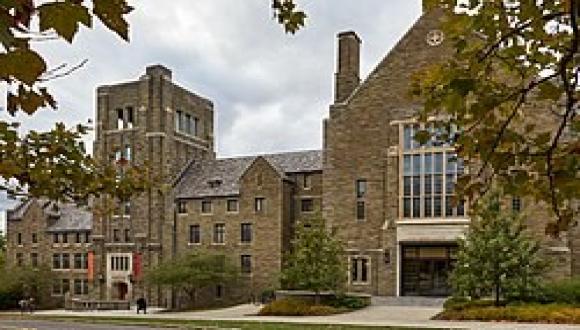Law and the Challenges to Democracy
Law and the Challenges to Democracy
Cornell Law School
March 4-6, 2025
The nature, challenges, and future of democracy have taken center stage in the face of global democratic erosion, and developments in both the United States and Israel provide particularly rich material for analysis. Public institutions in liberal democracies—such as courts, the executive branch, elected representatives, constitutional and human rights, criminal and civil law, pathways for enforcing individual and collective claims of right, and participation in international legal institutions—are under increasing pressure from both progressive and conservative forces. Academics, social movements, and political groups are newly appraising the United States and Israel as bastions of democratic values. Legal scholars are among those leading these appraisals in popular and academic work. Yet, paradoxically, legal scholarship often proceeds without engaging in discussions about democracy. Moreover, when these discussions do take place, they often lack explicit clarity regarding the underlying conceptions of democracy upon which they rely. As such, “democracy” tends to serve a rhetorical role, or to remain an abstract concept that conceals the assumptions of scholars, courts, and legislatures. It is time for legal scholars to unpack the various meanings of “democracy” that inform their work, and to examine more profoundly the current and possible roles of law in democratic institutions.
Co-sponsored by Cornell Law School, the Buchmann Faculty of Law at Tel Aviv University and the Edmond J. Safra Center for Ethics at TAUt








